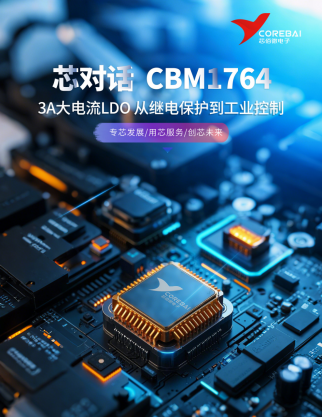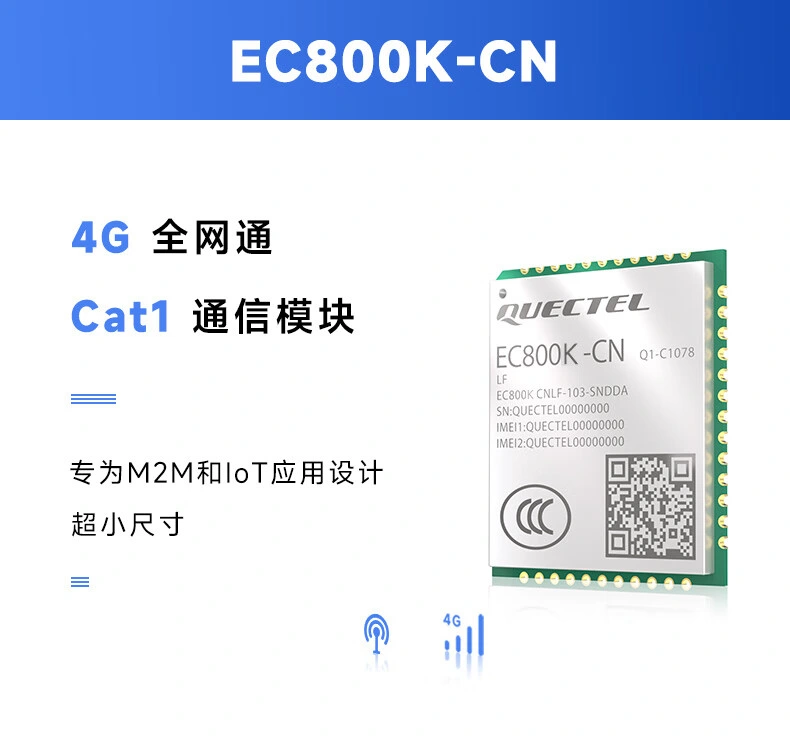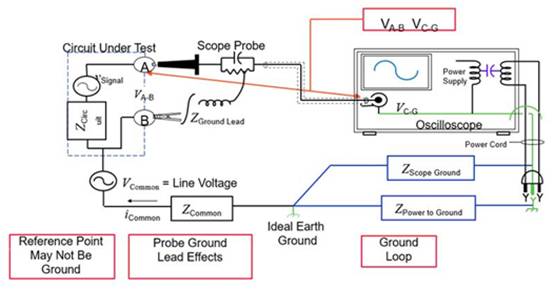/这个程序现已调试过了
//下面调用实例
//////////////////////////////////
//LCD1602读写头文件
//四线驱动方法
//////////////////////////////////
#include
#include “LCD1602.h”
/*———–
管脚界说在液晶头文件中
———–*/
void main(void){
LCD_init();
p=LCD_PutStr(“Hello Lcd1602!\n”,-1); //显现一段文字
p=LCD_PutNum(1234,2,p); //显现12.34这个数
while(1);
}
/*———————————————————
液晶LCD1602C 运用4条数据线(D4~D7)
———————————————————–*/
/*————————————————————-
LCD引脚界说
1—GND
2—VCC
3—VO
4—RS
5—RW
6—EN
7到14–D0-D7
15–背景灯+
16–背景灯-
—————————————————————–*/
#include
#include
本文引证地址: http://www.21ic.com/app/mcu/201812/784986.htm
#define LCD_DATA P2
sbit LCD1602_RS=P2^2;
sbit LCD1602_EN=P2^3;
int p=0;
/*————————————————————————————————–
函数阐明
————————————————————————————————–*/
void LCD_init(void);
void LCD_en_write(void);
void LCD_write_command(unsigned char command) ;
void LCD_write_data(unsigned char Recdata);
void LCD_set_xy (unsigned char x, unsigned char y);
void LCD_write_string(unsigned char X,unsigned char Y,unsigned char *s);
void LCD_write_char(unsigned char X,unsigned char Y,unsigned char Recdata);
void delay_nus(unsigned int n);
void delay_nms(unsigned int n);
void delay_1us(void) //1us延时函数
{
_nop_();
}
void delay_nus(unsigned int n) //N us延时函数
{
unsigned int i=0;
for (i=0;i delay_1us();
}
void delay_1ms(void) //1ms延时函数
{
unsigned int i;
for (i=0;i《1140;i++);
}
void delay_nms(unsigned int n) //N ms延时函数
{
unsigned int i=0;
for (i=0;i delay_1ms();
}
void LCD_init(void) //液晶初始化
{
LCD_write_command(0x28);
delay_nus(40);
LCD_write_command(0x28);
delay_nus(40);
LCD_write_command(0x28);
delay_nus(40);
LCD_en_write();
delay_nus(40);
LCD_write_command(0x28); //4位显现
LCD_write_command(0x0c); //显现开
LCD_write_command(0x01); //清屏
delay_nms(2);
}
void LCD_en_write(void) //液晶使能
{
LCD1602_EN=1;
delay_nus(1);
LCD1602_EN=0;
}
void LCD_write_command(unsigned char command) //写指令
{
delay_nus(16);
LCD1602_RS=0; //RS=0
LCD_DATA&=0X0f; //狷介四位
LCD_DATA|=command&0xf0; //写高四位
LCD_en_write();
command=command《《4; //低四位移到高四位
LCD_DATA&=0x0f; //狷介四位
LCD_DATA|=command&0xf0; //写低四位
LCD_en_write();
}
void LCD_write_data(unsigned char Recdata) //写数据
{
delay_nus(16);
LCD1602_RS=1; //RS=1
LCD_DATA&=0X0f; //狷介四位
LCD_DATA|=Recdata&0xf0; //写高四位
LCD_en_write();
Recdata=Recdata《《4; //低四位移到高四位
LCD_DATA&=0X0f; //狷介四位
LCD_DATA|=Recdata&0xf0; //写低四位
LCD_en_write();
}
void LCD_set_xy( unsigned char x, unsigned char y ) //写地址函数
{
unsigned char address;
if (y == 0) address = 0x80 + x;
else address = 0xc0 + x;
LCD_write_command(address);
}
void LCD_write_char(unsigned char X,unsigned char Y,unsigned char Recdata) //列x=0~15,行y=0,1
{
LCD_set_xy(X, Y); //写地址
LCD_write_data(Recdata);
}
int LCD_PutStr(unsigned char *DData,int pos){
unsigned char i;
if(pos==-1){
LCD_write_command(0x01); //清屏
delay_nms(2);
pos=0;
}
while((*DData)!=‘\0’){
switch(*DData){
case ‘\n’: //如果是\n,则换行
{
if(pos《17){
for(i=pos;i《16;i++)
LCD_write_char(i%16, i/16, ‘ ’);
pos=16;
}
else{
for(i=pos;i《32;i++) LCD_write_char(i%16, i/16, ‘ ’);
pos=32;
}
break;
}
case ‘\b’: //如果是\b,则退格
{
if(pos》0) pos–;
LCD_write_char(pos%16, pos/16, ‘ ’);
break;
}
default:
{
if((*DData)《0x20){
*DData=‘ ’;
}
LCD_write_char(pos%16, pos/16,*DData);
pos++;
break;
}
}
DData++;
}
return(pos);
}
//—————————-以下函数用于输出数字———————
int LCD_PutNum(unsigned long num,int XS,int pos){ //从右边数,保存几位小数
unsigned long tmp=0;
unsigned char numbits=0;
if(pos==-1){
LCD_write_command(0x01);
delay_nms(2);
pos=0;
}
if(num==0){
LCD_write_char(pos%16, pos/16, ‘0’);
pos++;
}
else{
if(num《0){
LCD_write_char(pos%16, pos/16, ‘-’);
num*=(-1);
pos++;
}
while(num){
tmp=tmp*10+(num%10);
num=num/10;
numbits++;
}
while(tmp){
LCD_write_char(pos%16, pos/16, (tmp%10)+48);
tmp=tmp/10;
pos++;
numbits–;
if(numbits==XS) pos=LCD_PutStr(“。”,pos); //显现小数点
}
while(numbits–){
LCD_write_char(pos%16, pos/16, ‘0’);
pos++;
}
}
return(pos);
}









